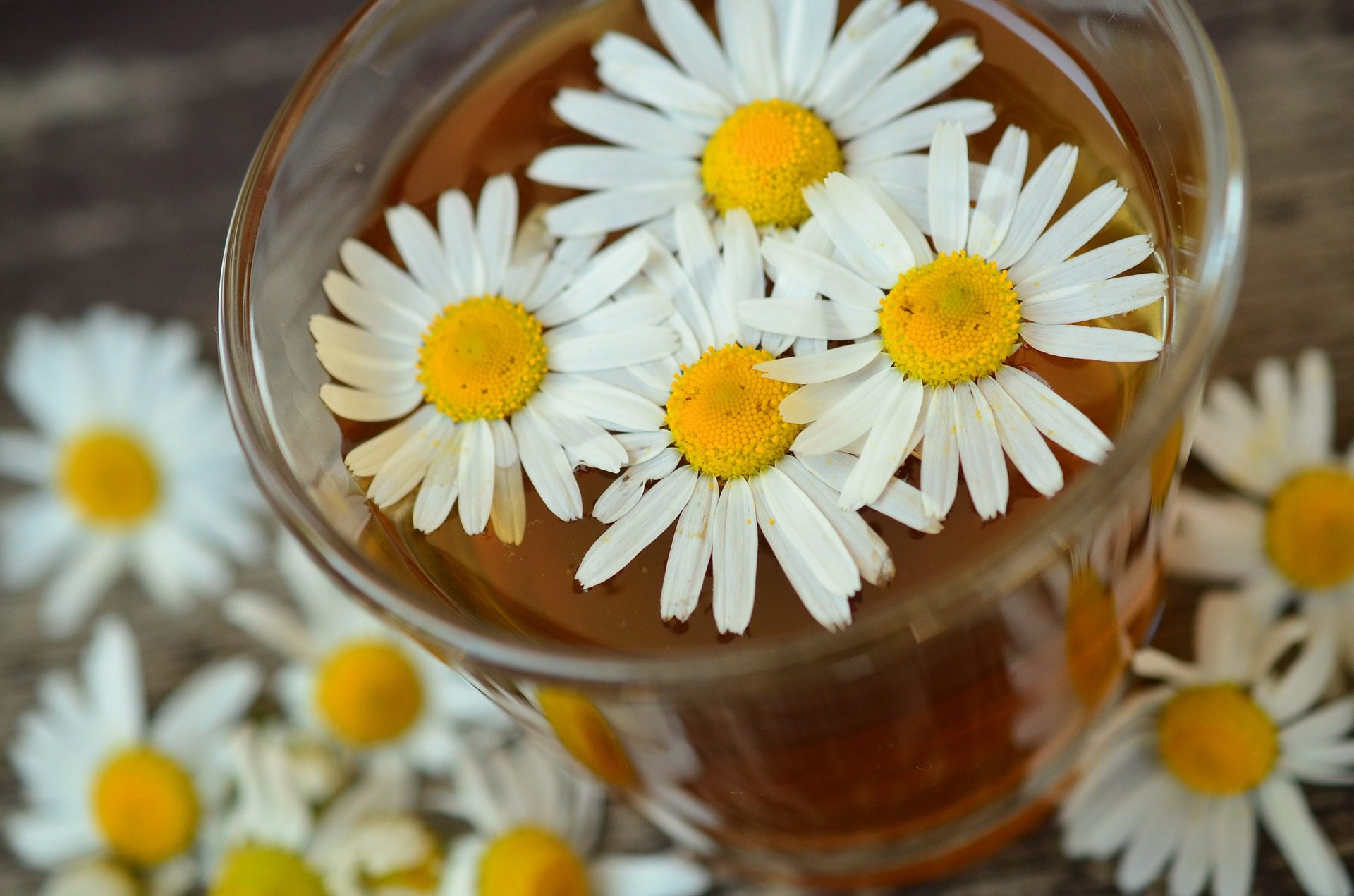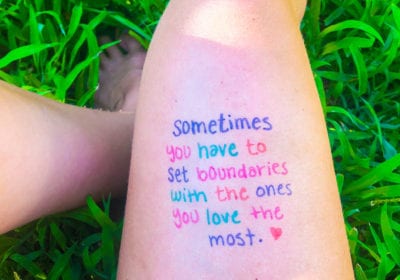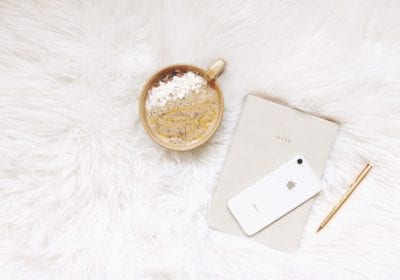
But first, coffee. If you are one of 64% of US citizens, you start your day with a big ole’ cup of coffee. (11) Whatever – caffeine is your morning motivational drug of choice, it’s not a big deal. Caffeine gets your blood pumping, increases your focus…and secretly fuels your anxiety.
Yep, you read that right. It may not be a massive surprise that caffeine is anxiety’s pal. Think back to the last time you got an energy boost from a coffee. Was anxiety knocking on the door five minutes later? Heck, they probably carpooled.
Studies show that caffeine may impact users quality of life through significantly influencing sleep and increasing anxiety. (12)
Are you at risk? How can you cut back without losing the energy boost? You will have a pretty good idea after just about 5 minutes of reading.
When is the last time you went a full day without caffeine?
No, really, try and remember. I’ll wait. If you are struggling to remember the last time you spent a day without caffeine, this breakup song is for you. Codependence is no bueno in any relationship. A relationship with caffeine is no different.
Caffeine use is at a record high. The American Psychiatric Association has even added caffeine intoxication, caffeine-related anxiety, and caffeine-related sleep disorders to a list of related disorders.
Millions of people drink caffeine every day. It is the most highly consumed drug on the planet. A drug categorized as a stimulant. When caffeine enters the bloodstream, it increases heart rate, blood pressure, alertness, and cognitive function, while reducing sleepiness. (1)
These effects are expected, if not welcome, for many consumers. What happens when these effects mimic those of a panic or anxiety attack?
Roland Griffiths, Ph.D., is a professor in psychiatry and neuroscience at the Johns Hopkins University School of Medicine. Griffiths explains to Web MD that, “People often see coffee, tea, and soft drinks simply as beverages rather than vehicles for a psychoactive drug. But caffeine can exacerbate anxiety and panic disorders.” (2)
“People often see coffee, tea, and soft drinks simply as beverages rather than vehicles for a psychoactive drug. But caffeine can exacerbate anxiety and panic disorders.”
Roland Griffiths, Ph.D., Professor in psychiatry and neuroscience at Johns Hopkins University School of Medicine
The typical jittery sensations, like sweaty palms and racing heart caused by caffeine intake, can be mistaken for anxiety. This misunderstanding can cause a full-blown panic attack.
Caffeine withdrawal is another culprit of anxiety. The blaring headache may be the first noticeable sign. Irritability and anxiety are two other not-so-obvious side effects.
How much caffeine is too much?
In my middle school classroom, the history teacher has a carving that said, “Nothing in Excess.” It was initially an inscription in an Ancient Greek temple. The same principle goes for coffee and caffeine consumption.
Caffeine has a lot of benefits. It has been shown to reduce depression and rates of suicide while increasing long-term memory and cognitive function. (3) The risk comes into play if you are predisposed to anxiety, overconsume caffeine, or are experiencing withdrawal symptoms.
On average, adults who drink caffeine intake more than 200 mg per day. (4) The highest levels in the bloodstream occur after 1 to 2 hours. (5)
The Food and Drug Administration (FDA) recommends a maximum intake of 400 mg a day, or two to three cups of coffee. If you are consuming more than this or can’t go a day without caffeine, you may want to consider cutting back.
Caffeine Use Disorder is similar to many other substance-dependent disorders. Diagnosis is based on desire, continual use, and failed efforts to refrain from drinking caffeine. (6)
What to do when you just can’t put down the mug…
Coffee is your ride or die. Kicking caffeine to the curb is just not going to happen. If this sounds like you, we have to get a little creative. Caffeine gives you your edge, plus you dig the cognitive benefits of coffee. So, what are your options?
Pay attention to how caffeine affects you.
Exposer therapy is often used in Cognitive Behavioral Therapy to treat anxiety. Individuals are exposed to stressors, observe their reaction, and reassociate the anxiety with a non-harmful outcome.
Psychiatrist Norman B. Schmidt, Ph.D. has a similar suggestion to patients that experience anxiety from drinking coffee. (7) Coffee causes you anxiety so drink more coffee. He tells patients to observe the physical sensations associated with coffee. The next step is to relate those sensations to the caffeine-induced buzz rather than an anxiety attack. (7)
Through this type of exposer, people become aware that there is nothing to fear. The sensations become associated with caffeine rather than danger.
Wait at least an hour before you drink coffee in the morning.
Yes, yes, I know you think you NEED coffee in the morning. Calling you a morning monster is an understatement. You can’t function until you have your coffee. Listen, I feel for you. I too am a nasty morning human.
Unfortunately, drinking coffee within the first hour of peeling open your eyes may be a mistake. When you first wake up a hormone called cortisol spikes, providing a jolt of energy. Cortisol is also a stress hormone, which, yes, has similar side effects to experiencing a stressful situation.
Dartmouth University neuroscientist Steven Miller, Ph.D. advises to hold off drinking coffee until this cortisol boost has died down a bit – waiting at least an hour. (8) This precaution keeps your body from doubling up on anxiety-inducing factors like cortisol and caffeine all at once.
Drink caffeine only when you need it.
You wake up and have a cup of coffee. It is just how you start your day. Without a second thought, you are making a pot of coffee and rubbing the sleep out of your eyes.
Next time you find yourself sleep-walking to the coffee machine, think twice. Are you getting coffee because you need it or are you getting coffee because you usually get coffee at this ungodly hour? This differentiation matters.
Drinking coffee for the benefits is one thing. Drinking coffee like a programmed robot is another.
Alternate a cup of caffeinated beverage with water
Sound familiar to alcohol drinking tips you have heard in the past? Water is the drink of life. Our bodies are mostly water. When we are running low of water, things start to go sideways – including our anxiety levels.
Dehydration is one of the biggest culprits of fatigue. Up to 75% of the American population is falling short of the recommended ten daily cups of water. (9) This lack of consumption not surprisingly leads to all sorts of issues like fatigue.
Coffee is not a diuretic. Yes, it does make you pee but not significantly enough to make you dehydrated. Unfortunately, that doesn’t seem to matter if you are already dehydrated in the first place.
Long story short, drink water and lots of it. Alternating coffee intake with water not only decreases your caffeine intake but increases your water intake. Win, win.
Don’t drink coffee to close to bedtime.
Duh, caffeine interferes with sleep. That is a no brainer. The substance whose sole purpose is to wake us up keeps us awake.
Poor sleep equals a sleepy morning monster which results in overindulging in caffeine. You can see where this loop gets a little messy.
Sleep is an integral part of maintaining low anxiety levels and promoting general health. Insomnia is an unpleasant symptom of many who suffer from anxiety. I’m pretty positive that anxiety doesn’t need any additional help from the caffeine in keeping those who suffer awake.
To protect your sleepy self, Christopher Drake, Ph.D., of the Henry Ford Hospital recommends eliminating the consumption of caffeinated drinks at least 6 hours before bedtime. (10) This elimination helps to reduce sleep disturbances caused by caffeine consumption.




[…] caffeine intake at least 6 hours before bed. (9) Develop a nighttime routine. Take a warm bath close to bedtime. Stay hydrated throughout the day. […]
Thanks for the marvelous posting! I certainly enjoyed reading it, you could be
a great author.I will ensure that I bookmark your blog
and definitely will come back later on. I want to encourage one to continue your great job, have a nice weekend!
Thank you so much, Dennis!